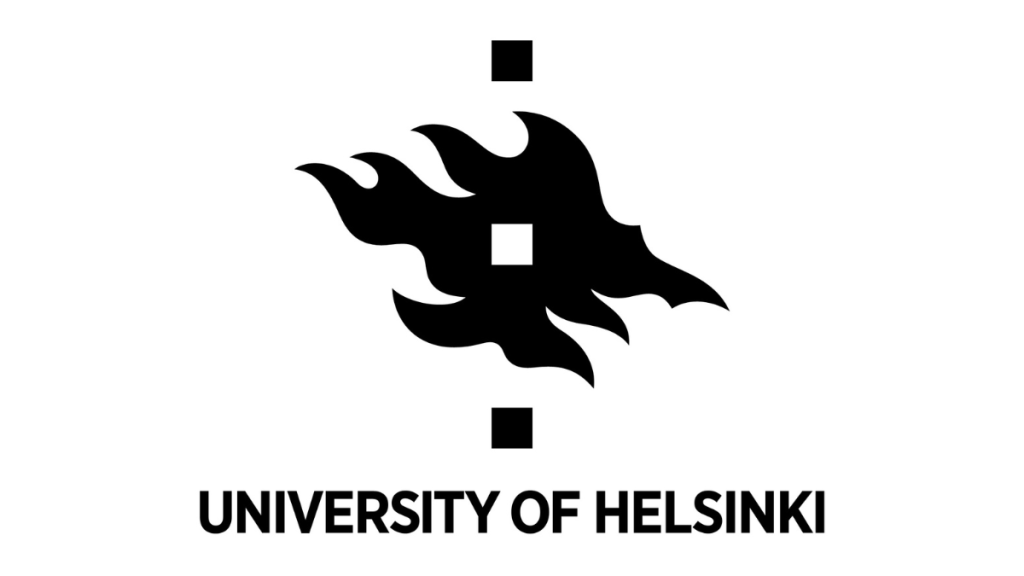Support for NATO has remained high among Finns during the first year of the country’s membership. According to a recent report, 83 percent of Finns would now vote in favour of staying in NATO. However, support for the European Union (EU) membership is slightly lower, at 74 percent, and tends to divide party voters into two distinct camps.
The report, titled “From a Peace Project to a Security Union: Finns’ Expectations for Security and Defence Policy in the 2024 European Elections,” is part of the “Dynamic Support for Security and Defence Policy (NATOpoll)” research project led by the University of Helsinki. In this study, the same group of respondents is interviewed every six months to track changes in opinions.
Increased Sense of Security with NATO
Many Finnish citizens believe that NATO membership has significantly boosted Finland’s security. Despite economic challenges, Finns are prepared to pay the full cost of NATO membership, which requires at least 2 percent of GDP. Attitudes towards nuclear weapons as part of NATO’s deterrence strategy remain unchanged from six months ago, even after Finland’s nuclear weapons policy became a key issue in the presidential elections earlier this year.
Trust in EU’s Security Role
Although security concerns have increased, Finns trust the EU’s ability to respond effectively. The EU is seen not just as a security entity but as a community that defends liberal democracy, the rule of law, and human rights. Many Finns also view the EU as a promoter of solidarity, regional equality, and unity among member states. However, opinions on the specifics of the EU’s security and defence policies are divided.
There is a general agreement that the EU must take greater responsibility for its own defence, a view shaped by recent global events, including the potential re-election of Donald Trump in the upcoming 2024 U.S. presidential elections.
Finland’s Support for Ukraine
Finnish support for Ukraine remains robust, and combined with European arms production, this justifies increasing Finland’s EU membership fee to about 1 percent of its GDP. Nearly half of Finns (46 percent) are willing to take on a larger share of the EU’s collective debt for this cause. Joint debt has become a significant topic in the European elections in Finland, with a notable willingness to expand the use of qualified majority voting among EU member states.
Threat Perceptions and EU Solutions
Finns are more concerned about information warfare and cyberattacks than a direct armed assault on their country. Issues like international crime and uncontrolled migration also cause concern. In these areas, the EU is seen as a capable provider of solutions.
The report highlights differences in opinions among supporters of various parties and candidates in European elections on many EU foreign and security policy issues. For instance, there is a divergence between the views of citizens and European election candidates on whether EU countries should send troops to support Ukraine in case of an imminent Ukrainian defeat. Approximately half of both groups support this idea, while the other half opposes it.
Divergent Views on EU Enlargement
Candidates for European elections are generally more favourable towards EU enlargement than voters. Voters, however, show more support for Ukraine’s EU membership, the repatriation of refugees, and the prohibition of TikTok in Europe.
Future of the EU’s Security Union
The upcoming European elections and the formation of the next commission will be crucial in determining how the EU transitions from a peace project to a security union. This sentiment is echoed by project leader, Adjunct Professor of Political Science Hanna Wass from the University of Helsinki. Co-leader Adjunct Professor SM Amadae notes that the EU’s current focus on defence cooperation aligns with the historical tradition of collaboration among EU and NATO member states.
Survey Details
The findings are based on survey data from the NATOpoll research project, collected by Taloustutkimus between April 18 and 24, 2024. The survey involved 1,654 Finnish respondents aged 17-79, with a response rate of 57 percent from the first round and 81 percent from the second round. The margin of error is approximately ±2.6 percentage points. Researchers from several Finnish universities and institutes are involved in the project, which is financed by the Kone Foundation.


